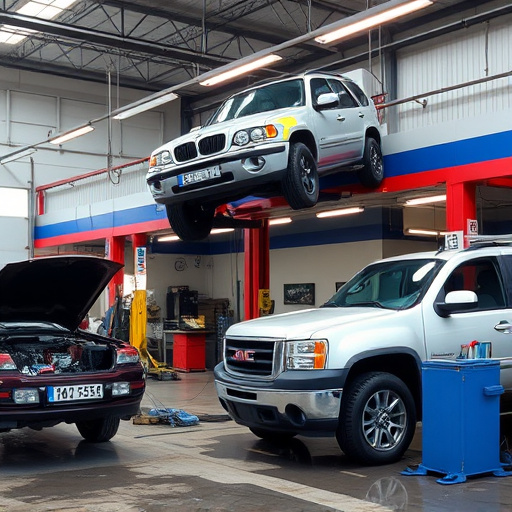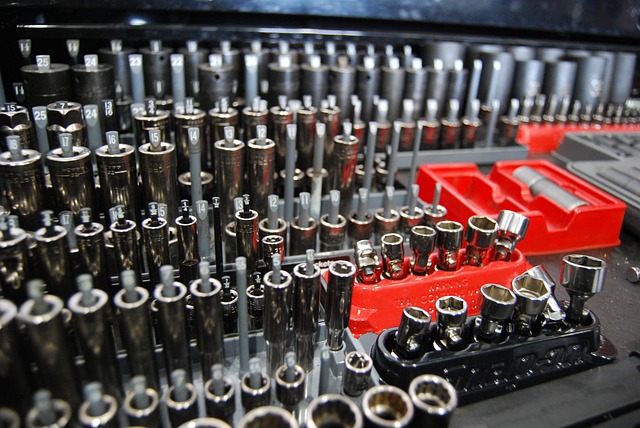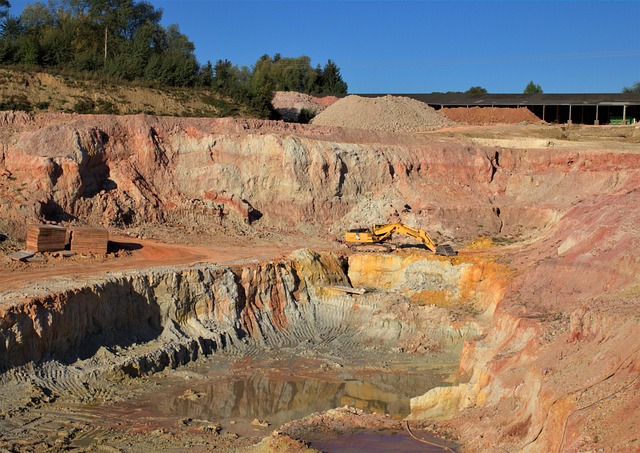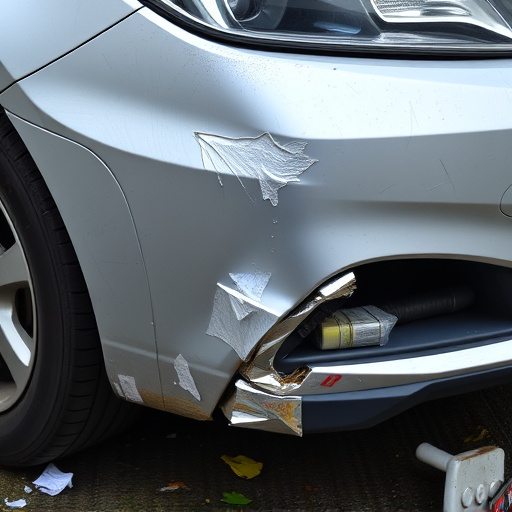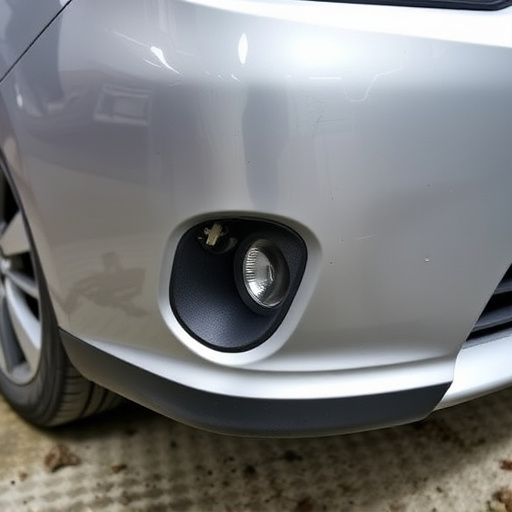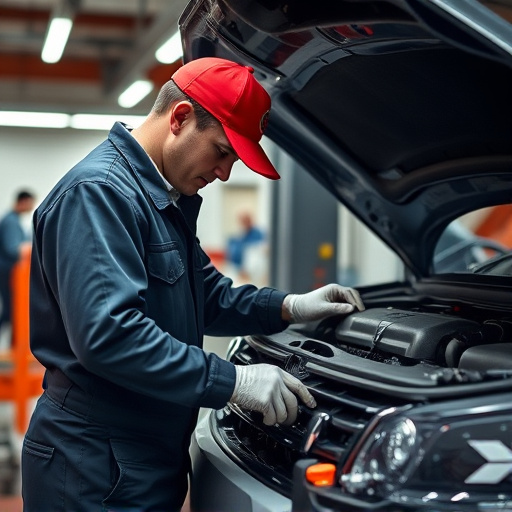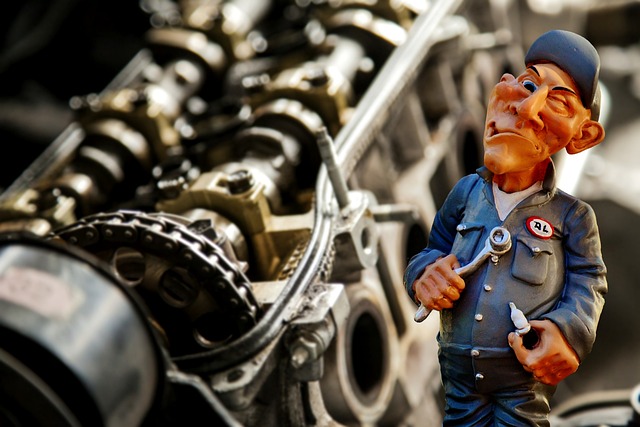Hazardous waste management for small automotive businesses involves understanding and categorizing toxic chemicals from various sources, adhering to strict regulations, and implementing proactive strategies. This includes source segregation with signage and training, recycling, strategic partnerships with recyclers, and proper storage with clear labeling. Business owners must prioritize hazardous waste management due to limited resources and expertise, staying updated on regulations, and exploring professional services to meet legal requirements and enhance environmental responsibility.
Small businesses often face unique challenges when it comes to hazardous waste management. This critical aspect of environmental stewardship requires a deep understanding of various waste types, strict compliance with regulations, and efficient strategies. In this article, we’ll explore how small business owners can navigate the complexities of hazardous waste management through proven practices, useful tips, and essential tools, ensuring both environmental responsibility and operational smoothness.
- Understanding Hazardous Waste: Types and Regulations
- Implementing Effective Waste Management Strategies
- Best Practices for Small Business Owners: Tips and Tools
Understanding Hazardous Waste: Types and Regulations

Hazardous waste is a term that encompasses a wide range of potentially dangerous materials, including toxic chemicals, pollutants, and byproducts from various industries. Understanding what constitutes hazardous waste is the first step in effective management. These wastes can come from numerous sources, such as manufacturing processes, medical facilities, or even everyday activities like auto detailing and collision repair shops. Each type of waste has unique characteristics and requires specific handling procedures to ensure safety and environmental protection.
Regulations surrounding hazardous waste management are stringent due to the severe impacts these substances can have on human health and the environment. Strict guidelines are in place to regulate the generation, transportation, treatment, storage, and disposal of such wastes. For instance, auto collision centers and similar businesses must adhere to local, state, and federal regulations when dealing with hazardous materials from vehicle accidents, ensuring proper containment, labeling, and disposal methods to prevent environmental contamination and protect workers’ health.
Implementing Effective Waste Management Strategies

Small businesses, especially those in sectors like automotive body shops and car bodywork services, must adopt robust hazardous waste management strategies to ensure environmental compliance and mitigate risks. Effective waste management starts with proper segregation at the source. Implementing clear signage and training employees on appropriate waste sorting is crucial. For instance, separating flammable materials, corrosive substances, and toxic chemicals from general refuse allows for specialized handling and treatment, reducing potential harm to both the environment and workers.
Additionally, small businesses should explore innovative solutions like recycling and repurposing materials wherever possible. Many automotive body shops can contribute to hazardous waste reduction by using recycled parts, solvents, and other resources. Collaborating with local recycling centers or specializing waste management companies for proper disposal and treatment of residual hazardous waste is also strategic. Such proactive measures not only fulfill legal obligations but also position these businesses as environmentally responsible contributors in their industry.
Best Practices for Small Business Owners: Tips and Tools

Small business owners face unique challenges when it comes to hazardous waste management. Given their often limited resources and expertise, adopting best practices is essential for ensuring compliance and mitigating risks. A crucial first step is to identify all potential sources of hazardous waste generated by operations. This includes everything from chemical cleaning supplies and outdated electronics to automotive fluids and car scratch repair compounds. Once identified, proper storage becomes paramount. Utilizing designated, secure containers specifically designed for hazardous materials, clearly labeling them, and storing them in areas meeting safety standards are non-negotiable.
Additionally, small businesses should explore a range of tips and tools to streamline the process. Enlisting the help of professional waste management companies specializing in hazardous disposal can offer expertise and cost savings. Implementing digital tracking systems for waste generation and removal logs not only enhances accountability but also simplifies regulatory compliance. Moreover, staying informed about local, state, and federal hazardous waste management regulations is vital. Adapting these best practices allows small businesses to handle hazardous waste responsibly while avoiding potential penalties and ensuring a safer working environment.
Small businesses play a significant role in effective hazardous waste management, ensuring environmental compliance and protecting public health. By understanding the types and regulations surrounding hazardous materials, implementing strategic waste segregation and collection practices, and adopting best practices, business owners can navigate this complex landscape successfully. Investing in proper training, utilizing specialized tools and resources, and fostering a culture of responsible disposal habits are key steps towards becoming a model of eco-friendly operations, contributing to a safer and more sustainable future for all.


